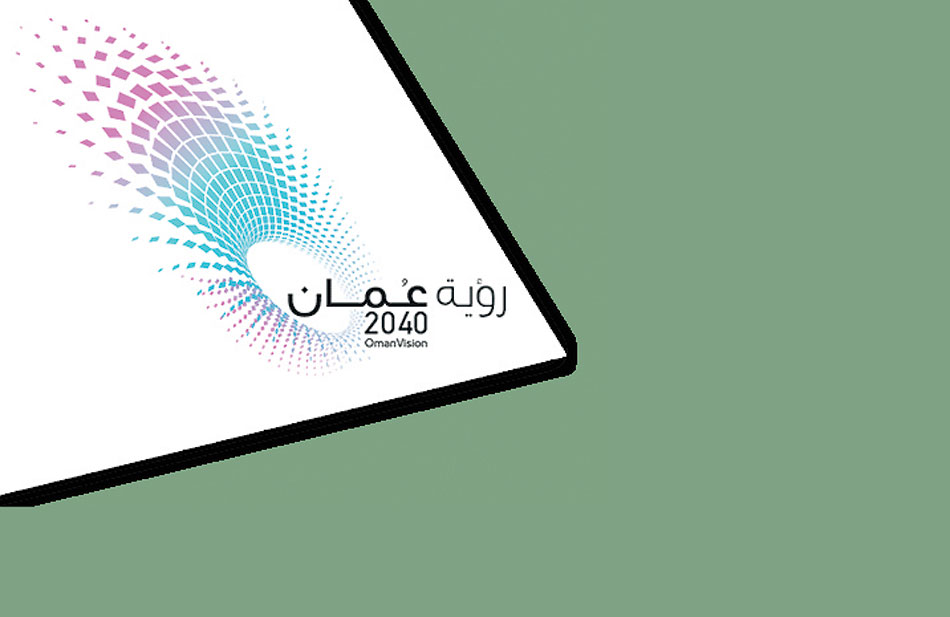

Conrad Prabhu -
Muscat, jan 30 -
A top adviser to the Omani government has warned that the propensity of some State Owned Enterprises (SOEs) to remain in operation or expand beyond their original remit could be hurtful to the interests of the private sector.
Dr Julio C Saavedra (pictured), Senior Policy Adviser at the Office of the Adviser for Studies and Research at the Diwan of Royal Court, noted that SOEs, while serving an important purpose in catalyzing the growth of new markets, must know when to exit the market in order to make way for the private sector to grow.
Speaking at the Vision 2040 National Conference last week, the expert noted that the Omani government — like other economies around the world — has set up state-owned enterprises to stimulate the growth of economic and business activities to help advance national development. Around 60 SOEs are presently in existence in the Sultanate, he said.
“When the economy begins to develop, and the country has an industry policy — for example — it makes sense for the government to set up some industries to get things rolling, to promote regional development, to provide public services and works, and so on, which the private sector cannot provide. It may also wish to open up markets where initially the private sector does not see a business case for getting involved.
“But the key point is — when they reach their goals, the SOEs should exit the market — meaning when you define the goals for these companies, the goals should be made public because the public is the ultimate shareholder of these companies, and the exit strategy should be defined.
“But what happens in Oman, in many cases, after the target market has been opened, the SOEs do not exit. Not only that, they begin to expand by creating new companies, buying up some private companies and creating some holdings that are bent on expansion. Even (worse), sometimes they look around and see some area of economic activity that has been performed so far only by the private sector, and they smell good business (opportunities) and want a piece of the action and get into that business as well.”
Dr Saavedra made the comments during a session on the role of the private sector in contributing to the nation’s developmental aspirations enshrined in the Vision 2040 blueprint.
“The problem is that some SOEs, although an extension of the government, tend to compete with the private sector (by crowding out the private sector in) some economic activities — and that is one of the reasons behind the miscomprehensions between the public sector and private sector,” he lamented.
However, seeking to put the government and private sectors on a stronger footing, His Majesty the Sultan created a taskforce dubbed ‘Sharakah’ (meaning ‘partnership’) in 2015, said the expert. The initiative brought together top-level representatives from the government and private sectors “to get to know each other, create a dialogue, and for government to talk to itself,” he said.
“It worked wonders! Game-changing, pivotal initiatives came out of it,” said Dr Saavedra. One example is a new Public Private Partnership (PPP) Law — a world-class law that is currently being reviewed by the Ministry of Finance. Once enacted, it will pave the way for the establishment of a PPP Authority, he said. Other initiatives that have emerged from the Sharakah project include the institution of the National Training Fund (NTF), which prepares young Omanis for jobs that actually exist in the economy; the National Leadership Programmes for government and private sector leaders; Improvements to the Ease of Doing Business Index; National Youth Programme for Skills Development; and Oman Business Forum.
Oman Observer is now on the WhatsApp channel. Click here



